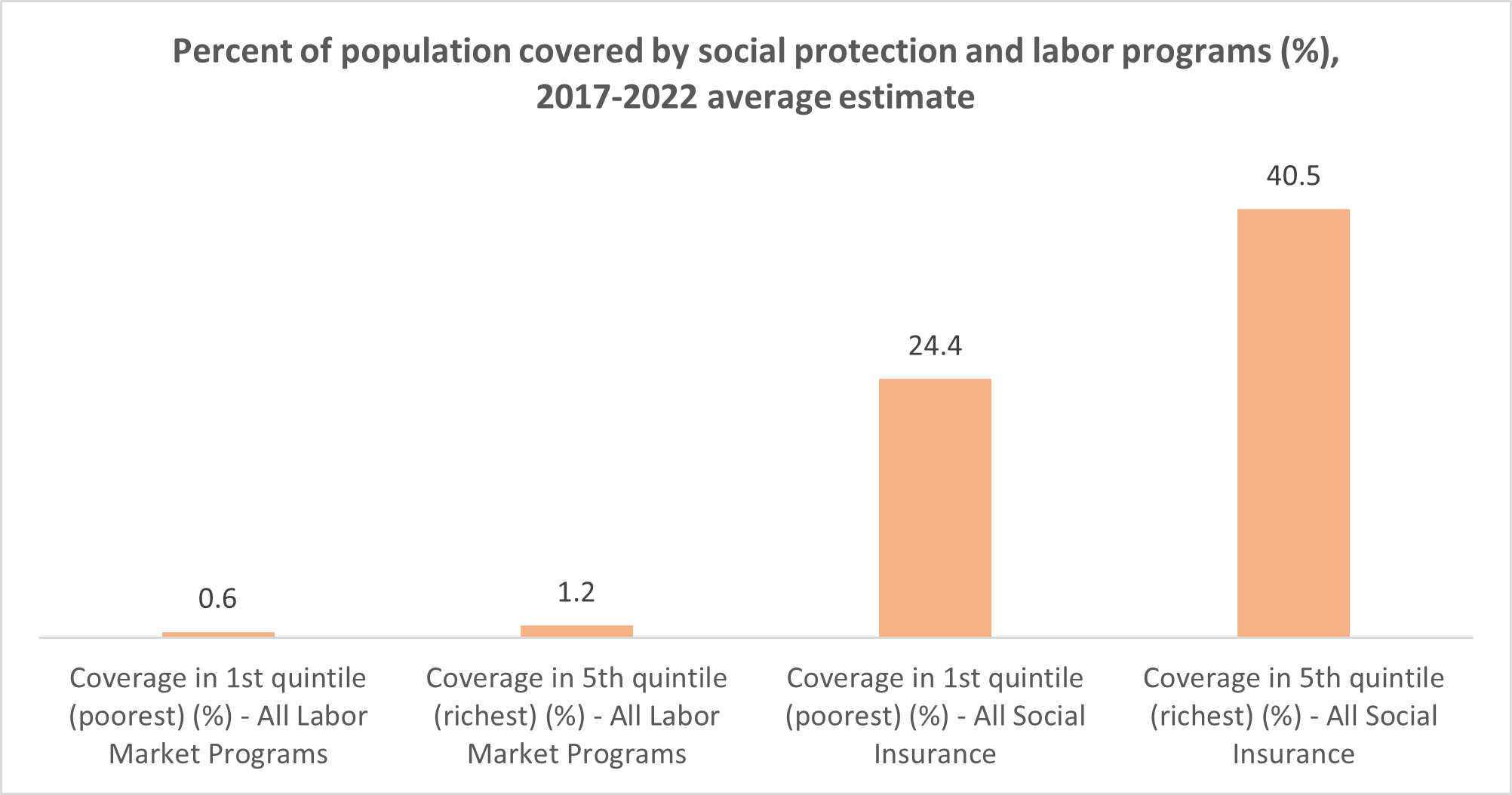 Displaced residents of Iskenderun district of Hatay. Photo: Tolga Ildun/ Shutterstock
Displaced residents of Iskenderun district of Hatay. Photo: Tolga Ildun/ Shutterstock
Following the devastating earthquakes that hit southern Türkiye on February 6, the risk of reversing human capital gains and poverty reduction looms large. Homes have been destroyed, jobs have been lost, and learning has been disrupted. Yet such a shock has the potential to accelerate Türkiye’s vision to adapt human capital to climate change, digitalization, economic shifts, and natural disasters.
The earthquakes hit a region that was already vulnerable. The 11 provinces most impacted by the earthquake span an enormous geographic area that is largely inland. Official data show that the region’s annual income per capita (about 44,000 Turkish lira) is nearly half the national average (about 87,000 Turkish lira), women’s labor force participation is far lower (21% versus 33%) and average household size is much bigger (4.5 versus 3.2 people). The region’s population is also relatively younger, comprising nearly 3.4 million children 14 years and under, and a youth dependency ratio of about 55%—almost double the national average. The 1.5 million poor households living in the affected region prior to the earthquake may fall deeper into poverty, while the vulnerability will have increased among the displaced destitute.
The scale of the damage cannot be overstated. Over 4 million people are either sheltering in the affected provinces or have been evacuated. Direct physical damage alone is estimated at over $34 billion, excluding economic costs. With the collapse of housing, health care and schools and the loss of livelihoods, the risk of destitution and long-term scarring is high, especially among vulnerable groups, such as low-income women, children, older citizens, and refugees.
We know from our recent analysis on human capital, Türkiye in Transition: Next-Generation Human Capital Investments for Inclusive Jobs, that one out of three jobs in the country were informal. The likelihood of having social insurance, savings, or assets to fall back upon was slim for many of the three million households living in Türkiye’s quake-hit provinces. Despite commendable policy efforts, on average only one out of every four among the lowest-income households are covered by social insurance and less than 1% by active labor market programs, such as public employment services. The magnitude of the impacts on children, households and workers affected directly or indirectly is yet unclear. The Government’s emergency social support package of cash transfers, housing and employment protection support introduced following the earthquakes will help stem some of these impacts for those covered, building on the country’s long-standing social protection and labor programs.
As highlighted in the report, investing in next-generation human capital and transformational jobs are key for deepening Türkiye’s inclusive green growth, especially for post-disaster recovery. This will mean revitalizing a whole-of-government approach for greener, digital, and more innovative human capital investments in three ways:
- Harmonizing benefits and expanding inter-agency e-services for social protection and labor can accelerate access for the most vulnerable. The Government has in place a well-established e-Government system that supports several services. Harmonizing benefits, eligibility and data-sharing and investing in greater inter-operability can facilitate holistic case management, from childcare to labor mobility to old-age support. Analysis shows that a marginal increase in investments of one to two percentage points of gross domestic product (GDP) can help achieve universal access to tailor-made programs, supporting long-term purchasing power and inclusive growth following shocks.
- Re-imagining skills and productivity for new jobs can be enhanced through results-based impact investing jointly with the private sector. Expanding and modernizing skills and re-training services through technology can enhance green infrastructure investments, expand untapped trade opportunities, and improve the productivity of services and agriculture.
- Mobilizing smart investments for next-generation green jobs can support higher-quality recovery for the most vulnerable groups. A focus on strategic sectors, firms and expanding youth and women’s first-time entrepreneurship and labor programs can unlock potential in which investments may lag but returns are high.
The needs may be daunting, but impact investing can strategically focus spending and policies for dynamic human capital and jobs. Doing so would revitalize communities in Türkiye’s earthquake-affected provinces in a way that transcends reconstruction. It would demonstrate how to accelerate the human capital transition beyond shocks to a green, digital, and resilient economy with people at the forefront.



Join the Conversation